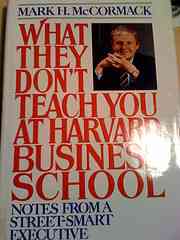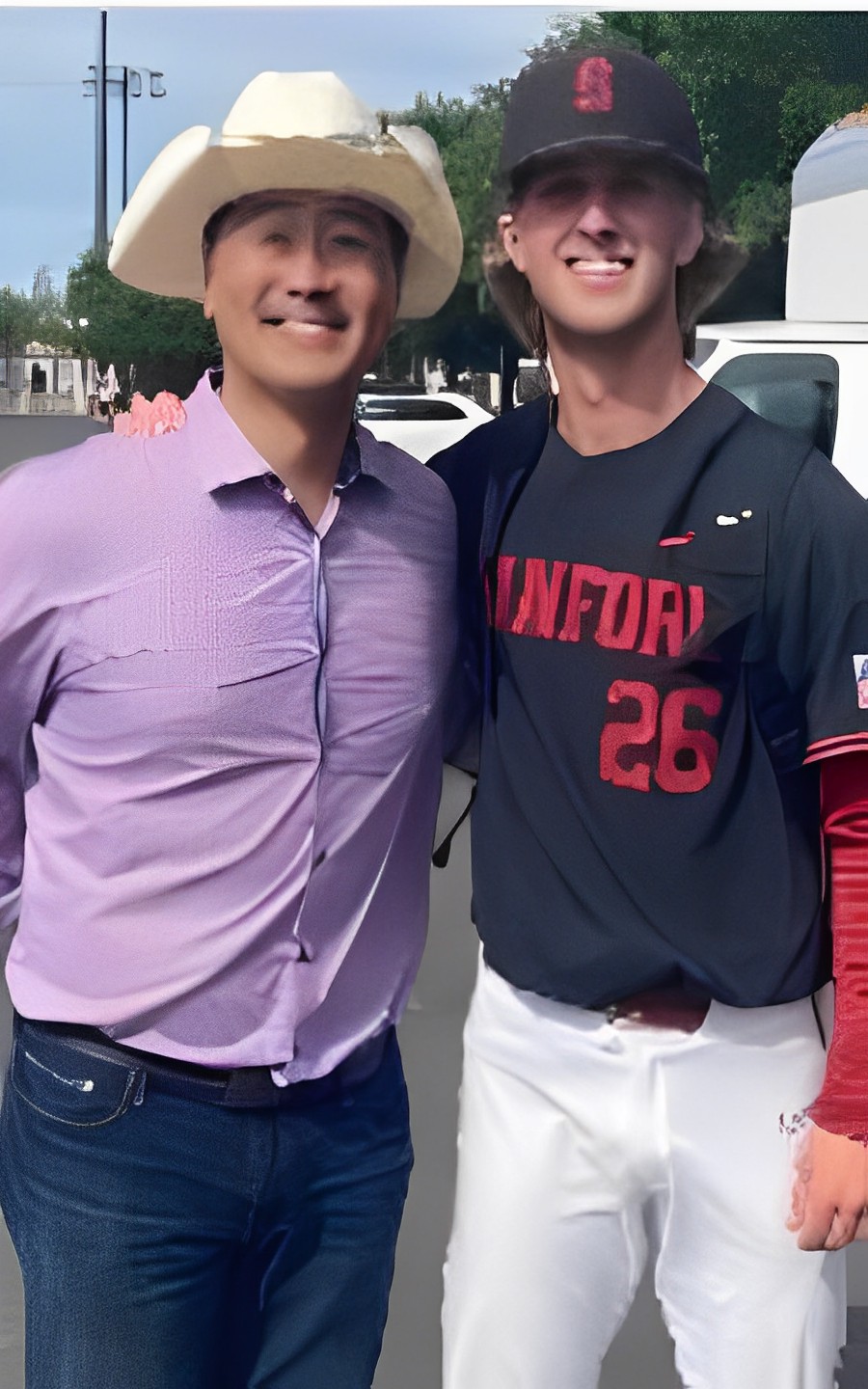Larry Chiang gets laws passed even though he is on the waitlist to attend Harvard Law. MIT and Stanford Entrepreneur Week’s feature his events even though he went to the University of Illinois. Harvard’s Harbus, featured him in a cover story that shares the same title as his book, “What They Don’t Teach You At Stanford Business School“. He refuses to put “best selling author” next to his name in bios and plods forward with his anti-marketing, marketing approach. His secrets about hacking the publishing world are revealed in this post that is sure to be an instant-classic.
“How to Write a NY Times Best Seller So College Students FICO Credit Score Can Be Improved”
Were you looking for https://bit.ly/vc0310z?
this is https://bit.ly/vc03100
 What They Don’t Teach You At Stanford Business School |
By Larry Chiang
People think I am retarded.
I think they are right but now I have a best-selling book. Is the book good?! Nope, but I promoted it really really well.
A better title to this article should be “How to promote what you wrote to be a NYT Bestseller” because writing something so good that it promotes itself is impossible. Promotional strategies aren’t exactly featured in journalism school so here are insights into the making of a best-seller.
Say Yes to the Criticism and Pain
I write about embracing and spring-boarding from hardship in Chapter 11 of my book, “What They Don’t Teach You At Stanford Business School“. I say yes to interviewers ready to fire off difficult questions. My goal isn’t to win them over, but rather their audiences.
An example of this is at vimeo where Angela Natividad interviews me but my interview gets hijacked by an acrimoniously jealous non-fan poking holes in my credibility. This served as a humorous template interview for my headline talk show interviews here, here and here.
Do Not Game the Algorithm
There’s an algorithm the NY Times uses to determine book popularity. Because book sales channels have morphed so has the method to calculate sales. Publishers frown upon trying to game the algorithm and those caught cheating face severe consequences. Example scams include, pre-sales, sales churning, ghost sales and double counting.
Leverage Someone Else’s Sequel (or Prequel)
Sequels have been the Hollywood rage ever since Star Wars. Original movies that don’t have a previous following aren’t getting made. The same truth can be levered to make your next book a bestseller. Don’t have a previous book?! –That’s ok, just hijack someone else’s book. Google “Wicked”. Google “What They Don’t Teach You At Harvard Business School”. Google Weird Al Yankovich
#11 on Amazon’s Best Seller List* (*Kindle)
The Kindle platform is ripe for author self-promotion. Kindle is not expensive becasuse its free as an iPhone app. As an author, it is easy to upload a PDF and simple to promote versions of your book. This new Kindle platform will be the wild west and authors have hit “bestseller status”. Of course, there is an unpublished asterisk = ‘best-seller because of free downloaded preview version of Amazon’.
Setting the Bar Low
Presales are critical but with business book sales absolutely at all-time lows (need source so email me a link and I’ll credit you), the bar is set low. Sell just a few books via pre-sale and get prime placement via “people who bought this also bought”.
No Freebies.
Free copies of books adhere to the “Chapter One Rule”… statistically, people don’t read past the first chapter. Instead of a freebie book, do a rebate. For example, I’m doing a for-friends-only simple rebate where if they email me one thing they did after reading “What They Don’t Teach You At Stanford Business School“, I’ll reimburse the book cost. I’m even comping their shipping cost because I’m just that nice.
Do Contests Where the Prize is… Your Book
Contests spur people to win something for free. I love hosting contests. My company does contests to stimulate subscription sales for FICO credit score manipulation/preparation/education. Contests are a huge lead generation funnel. I started doing contests to promote my book 18 months before the 09-09-09 launch date.
One Part Writing. One Part Promotion.
The ratio needs to be 50-50 ‘writing time’ versus “promotion time”. Authors make the mistake of writing a sequel or subsequent book too quickly. They don’t pay you the big bucks to write.., they pay you to promote.
Syndicate Your Blog
Recently I attended the National Speakers Association national convention. Most speakers have a book and also publish a blog. I asked how many syndicate their blog and I got blank stares. If you’re gonna write it, you should syndicate it so you get credit over and over. You should also publish on multiple channels of your own like WordPress, doc stock and Friendster.
Guest Blog
Guest blog at other people’s blog so you get access to different audiences. For example, I guest blog at vator.tv, AlwaysOn, GigaOm, TechCrunch, and more. I want to guest blog more because it gets more readers. People let me guest blog because I stop calling them at 2am.
No Book Signings.
Book signings do not sell books.
What could be more boring than me with a sharpie, sitting behind a table, signing books. I use book ‘knowledge activation parties’ where every chapter gets two release parties. For example, chapter two is about treasure management so I had a party sponsored by etrade and one by fidelity where the theme was “treasure”. Another example was the entrepreneurshp party that activated Chapter 9’s knowledge at sxsw. Chapter 9 is about entrepreneurship.
Anti-Marketing.
My book’s back cover has five pretty negative criticisms and a discouraging snippet of who should buy the book. My cover is hand-done with a sharpie shot with an iPhone camera. In a sea of books with splash and overly smiley authors, my book screams anti-establishment. Anti-marketing is the new vogue in book marketing.
Market the Movie Rights Inside the Book
Authors make nearly nothing selling the book. I accepted this but looked to make money selling the movie rights to the book. Inside “What They Don’t Teach You At Stanford Business School”, I have a case study about three strippers that start a peer-to-peer lending business called ProsperAss. The three young female entrepreneurs leverage the three foundations of my book; (1) sales, (2) entrepreneurship and (3) reading people. I’m promoting the book’s movie rights at a party (surprise, surprise). Its at Sundance Film Festival’s after party on Jan 23.
No Copyrights.
It used to be that authors copyright content and aspire to trademark themed concepts. That died*. Creative Commons is the new method where the attribution encourages the sharing, mentioning and collaborating vis a via your content..
“What They Don’t Teach You At Stanford Business School” isn’t copy written where the content is out there without even the requirement to cite and source. Setting your content free, drives awareness and awareness increases book sales.
|
If you liked this, you may also check:
Larry’s book releases 09-09-09 |
This post was cranked out in about an hour so email me if you see a spelling or grammatical error(s)… chiang9 @duck9 com. IF you see something wrong, text me at https://twitter.com/6502838008.

Larry Chiang is the founder of Deep Underground Credit Knowledge 9 (Duck9). He hacked Fair Isaac’s FICO credit algorithm and battles lies told by the credit industry such as Fair Isaac’s claim that the average FICO is 720. The real average is 535.
Text or call him during office hours 11:11am or 11:11pm PST +/-11 minutes at 650-283-8008. If you email him, be sure to include your cell number in the subject line.





 Duck9 is a credit score prep program that is like a Kaplan or Princeton Review test preparation service. We don't teach beating the SAT, but we do get you to a higher credit FICO score using secret methods that have gotten us on TV, Congress and newspaper articles. Say hi or check out some of our free resources before you pay for a thing. You can also text the CEO:
Duck9 is a credit score prep program that is like a Kaplan or Princeton Review test preparation service. We don't teach beating the SAT, but we do get you to a higher credit FICO score using secret methods that have gotten us on TV, Congress and newspaper articles. Say hi or check out some of our free resources before you pay for a thing. You can also text the CEO:







